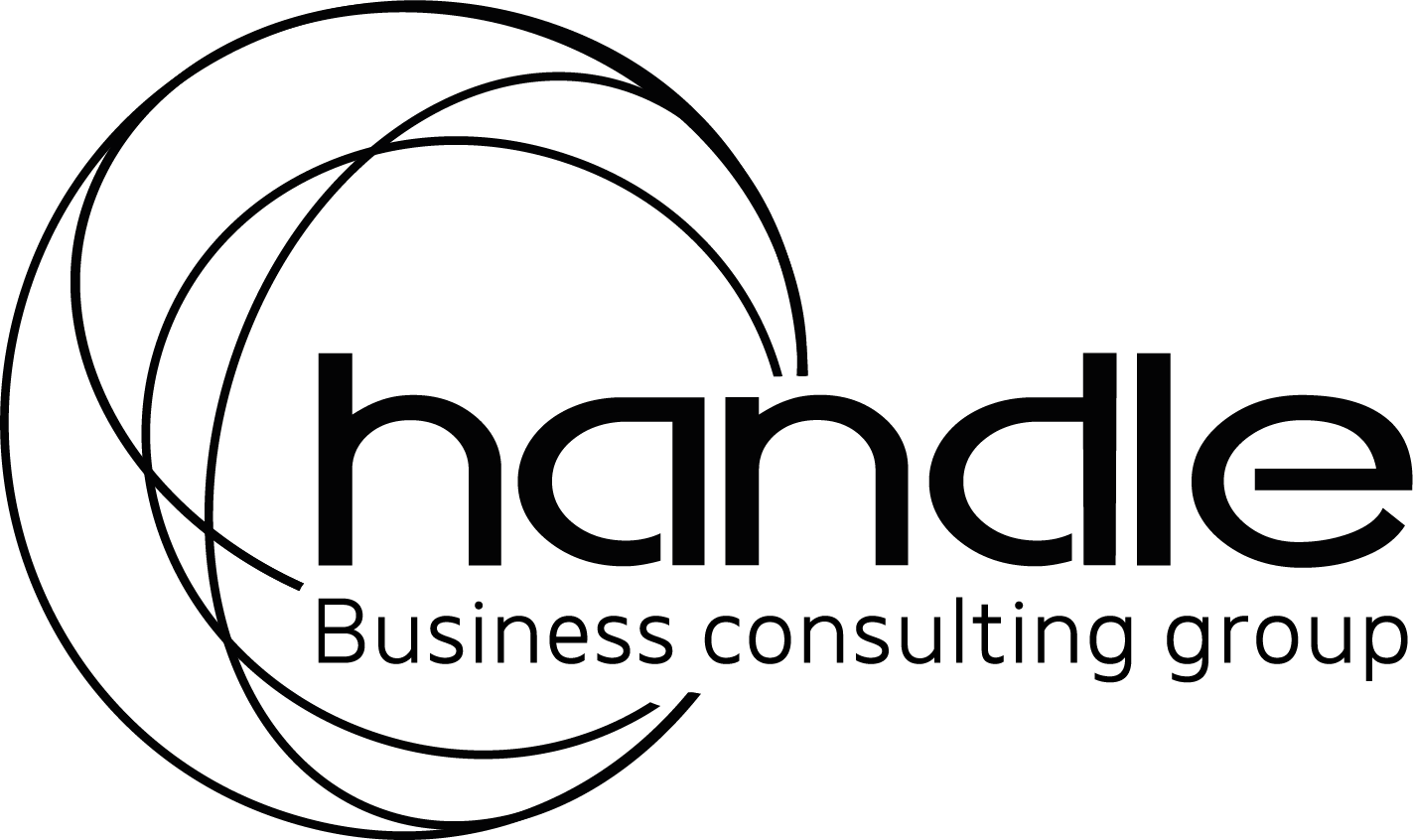Abstract:
Family offices play a pivotal role in supporting the long-term sustainability of family businesses. These dedicated entities provide comprehensive financial, investment, and advisory services catered specifically to the unique needs of affluent families. This report explores the various types of family offices and their respective benefits in driving family business sustainability. By understanding the different models and services they offer, family business owners can leverage the strategic advantages of a family office to preserve wealth, strengthen governance, and facilitate generational transitions.
- Introduction:
1.1. Background:
Family businesses represent a significant portion of global economies, creating jobs and driving growth. However, ensuring the continuity and sustainability of family businesses across generations can be challenging. Family offices have emerged as a valuable solution, offering a range of services tailored to the complexities and objectives of affluent family enterprises.
1.2. Objectives:
This report aims to provide a comprehensive understanding of family offices as a driving force for family business sustainability. It explores the different types of family offices, their functions, and the specific benefits they offer. By identifying the advantages and appropriate models of family offices, family business owners can make informed decisions about establishing or partnering with a family office to support long-term success.
- Types of Family Offices:
2.1. Single-Family Office (SFO):
A single-family office is a dedicated entity established by a single affluent family to manage their financial affairs. It provides personalized services and tailors strategies exclusively to the needs of the owning family. Key advantages of SFOs include:
- Full control and customization: SFOs allow families to maintain complete control over their investment decisions, governance structures, and family values.
- Alignment with family goals: The services offered by SFOs are aligned with the specific objectives, risk tolerance, and long-term vision of the owning family.
- Enhanced privacy and confidentiality: SFOs operate in a discreet and confidential manner, ensuring the family’s financial matters remain private.
2.2. Multi-Family Office (MFO):
Multi-family offices are entities that serve the wealth management needs of multiple affluent families. These offices pool resources, staff, and expertise to provide a wide range of services to multiple client families. Key advantages of MFOs include:
- Cost-effectiveness: By sharing resources and overhead costs, MFOs provide comprehensive services at a relatively lower cost compared to setting up individual SFOs.
- Access to specialized expertise: MFOs often have a team of professionals with diverse skills and experience, allowing them to offer a broad range of advisory services, investment opportunities, and financial planning expertise.
- Networking and knowledge-sharing: MFOs facilitate networking opportunities and knowledge-sharing among families, allowing them to benefit from collective wisdom and shared experiences.
2.3. Virtual Family Office (VFO):
Virtual family offices are characterized by the outsourcing of various services to external service providers. VFOs offer access to specialized expertise without the need to establish a physical office or hire a full-time staff. Key advantages of VFOs include:
- Flexibility: VFOs provide families with the ability to customize their service offerings and engage various experts as needed.
- Cost-efficiency: By outsourcing specific functions, families can reduce overhead costs and access specialized skills without the commitment of a full-time team.
- Scalability: VFOs offer scalability as families can increase or decrease their engagement with service providers based on their evolving needs.
- Benefits of Family Offices for Family Business Sustainability:
3.1. Wealth Preservation and Enhanced Investment Management:
Family offices play a crucial role in preserving and growing family wealth across generations. By providing sophisticated investment management services, strategic asset allocation, risk management strategies, and access to a diversified range of investment opportunities, family offices help protect and grow the family’s financial resources.
3.2. Integrated Financial Planning and Wealth Transfer:
Family offices offer holistic financial planning services that encompass budgeting, cash flow management, tax planning, estate planning, and philanthropy. They assist families in creating comprehensive wealth transfer and succession plans, ensuring a smooth transition of both financial and non-financial assets to the next generation.
3.3. Governance and Family Business Management:
Family offices provide guidance in establishing effective family governance structures, including family councils, constitution development, and family education programs. They support the development and implementation of policies and procedures to enhance decision-making processes, foster family cohesion, and maintain the alignment of family values with business objectives.
3.4. Risk Management and Asset Protection:
Family offices assist in identifying and mitigating risks associated with wealth accumulation and family business operations. They develop risk management strategies, including insurance coverage, asset protection, and contingency planning, to safeguard family assets and navigate potential challenges that may arise.
3.5. Family Education and Next-Generation Development:
Family offices play a critical role in educating and preparing future generations for their roles within the family business. They organize workshops, seminars, and mentoring programs to develop the necessary skills, knowledge, and values to ensure a successful transition and continuity of the business.
- Challenges and Considerations:
4.1. Cost and Resources:
Establishing and maintaining a family office, particularly a single-family office, can come with significant costs. The expenses associated with hiring and retaining specialized professionals, technology infrastructure, office space, and operational overheads should be carefully considered. Families need to assess the financial feasibility of establishing an in-house family office or explore alternatives such as partnering with a multi-family office or outsourcing certain functions to virtual family office service providers.
4.2. Expertise and Talent Acquisition:
Family offices require a range of professionals with diverse expertise, including investment management, tax planning, legal counsel, finance, and administration. Attracting and retaining top talent within a family office can be a challenge, especially in highly competitive markets. It is crucial to have a robust recruitment and retention strategy in place, focusing on incentivizing and rewarding employees with attractive compensation packages, professional development opportunities, and a supportive work environment.
4.3. Communication and Collaboration:
As family offices often serve as the bridge between family members and the family business, effective communication and collaboration are essential. Ensuring transparent and open lines of communication between family members, key stakeholders, and the family office team is vital for making informed decisions, maintaining trust, and preserving family harmony. Family offices should establish protocols for regular reporting, family meetings, and involvement of future generations to promote effective communication and collaboration.
4.4. Governance and Succession Planning:
To maximize the benefits of a family office, families should have a clear governance structure and succession plan in place. Establishing family councils or boards and formalizing decision-making processes helps ensure strategic alignment with the family’s goals and values. Additionally, a robust succession plan should be developed to facilitate a smooth transition of leadership and ownership to the next generation. The family office can play a pivotal role in supporting the implementation and execution of these governance and succession initiatives.
- Case Studies:
4.1. Case Study 1: ABC Corporation SFO:
This case study explores how ABC Corporation established a single-family office to address the unique needs and objectives of the owning family. It outlines the benefits of maintaining control, customization, and privacy through an SFO while preserving the family’s wealth and ensuring a smooth succession plan.
4.2. Case Study 2: XYZ Wealth Management MFO:
The XYZ Wealth Management case study illustrates how multiple families partnered with a multi-family office to pool their resources and leverage the collective expertise of the MFO’s team. It highlights the advantages of cost-effectiveness, specialized knowledge, and networking opportunities provided by an MFO.
- Conclusion:
Family offices are a driving force behind the sustainability and success of family businesses. Whether through single-family offices, multi-family offices, or virtual family offices, these dedicated entities offer a wide range of services tailored to the unique needs of affluent families. From wealth preservation and integrated financial planning to governance support and next-generation development, family offices provide comprehensive solutions that promote long-term success.
By carefully considering the different types of family offices and partnering with the appropriate model, families can leverage the benefits of specialized expertise, enhanced governance, and strategic decision-making. However, families should also be aware of the challenges associated with establishing and managing a family office, such as cost considerations, attracting top talent, fostering effective communication, and implementing robust governance and succession plans.
In conclusion, family offices serve as a cornerstone in the sustainability of family businesses, acting as trusted advisors and facilitators of long-term wealth preservation, business continuity, and intergenerational success. By harnessing the strategic advantages of a family office, families can navigate complex financial landscapes, secure their legacies, and pave the way for a prosperous future for generations to come.
















